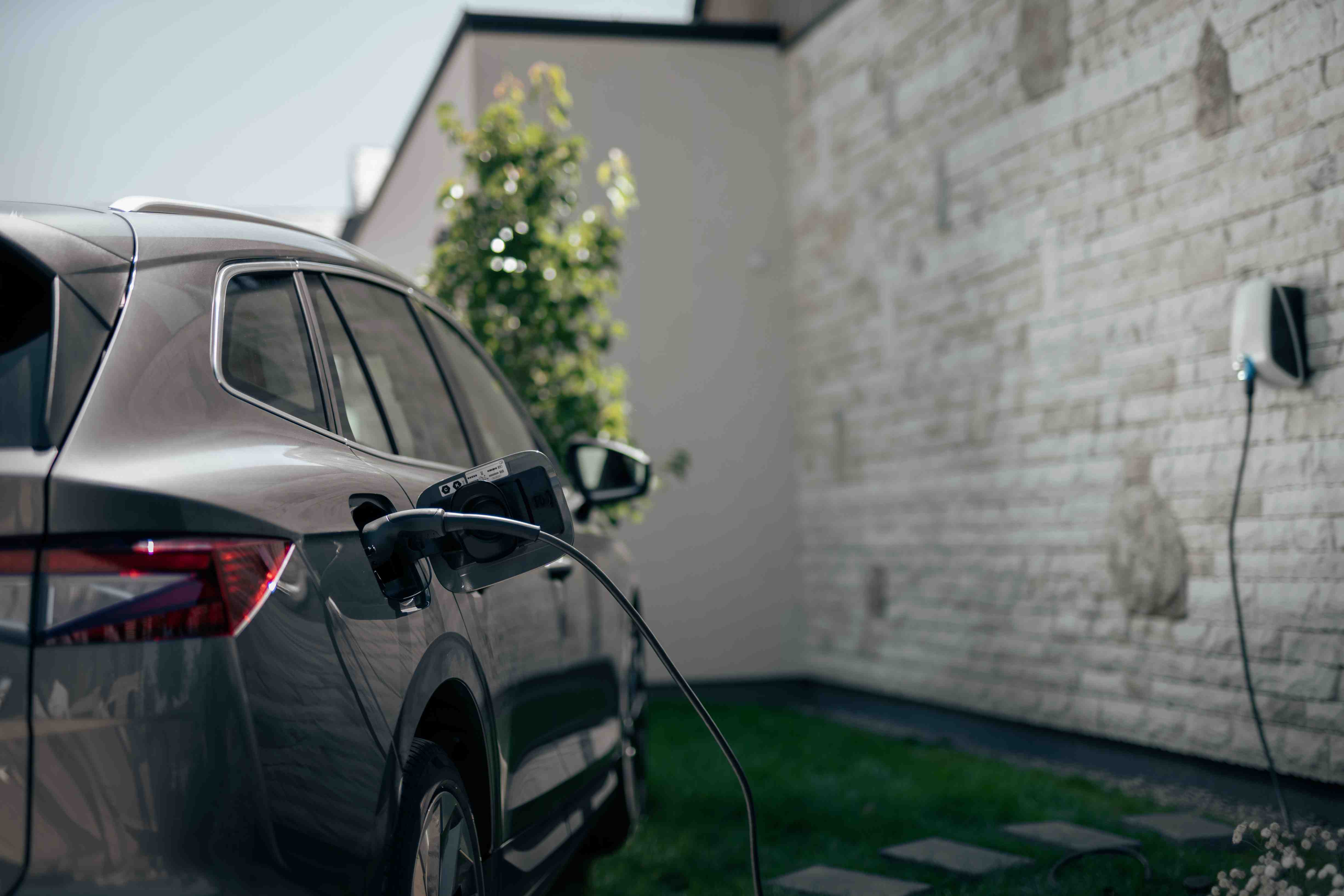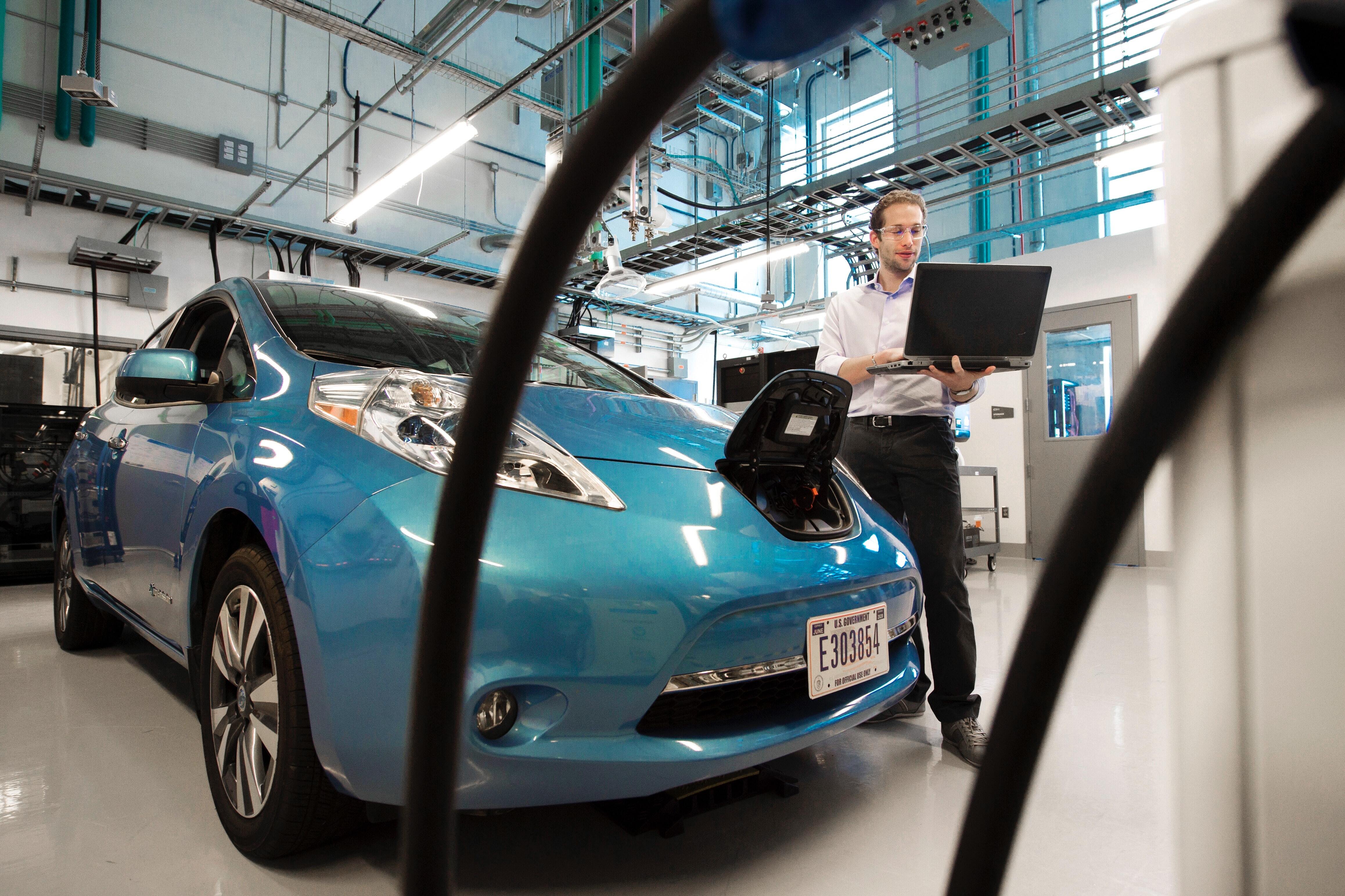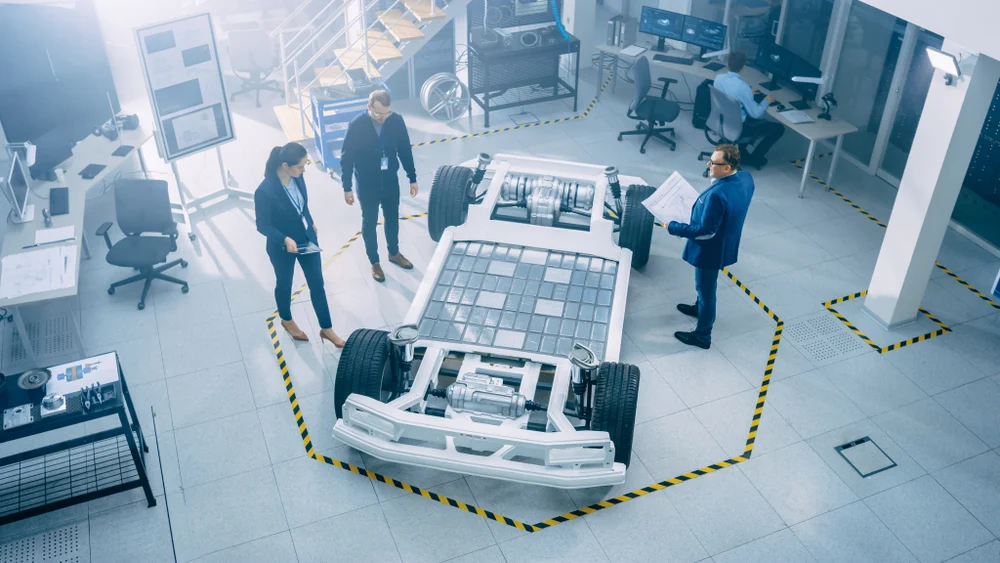Last updated on May 12, 2023 Most electric car batteries are expected to last between 15 to 20 years before needing replacement. With the average lifespan of a traditional vehicle being around 12 years, your EV battery is likely to outlast your car itself. This article explores common myths about EV battery life, explains how long they actually last, offers tips to extend their longevity, highlights second-life applications, and discusses recyclability. Electric vehicles (EVs) have never been more popular than today. Globally, EV sales exceeded 10 million in 2022, and with over 2.3 million electric cars sold in the first quarter of 2023, growth is expected to continue through 2023. Despite this rapid increase, many drivers still have concerns—especially about battery life. One of the most common worries among potential EV buyers is the fear that the battery will die sooner than expected. While this fear is understandable, especially when comparing to the shorter lifespan of phone or laptop batteries, EV batteries are designed to be far more durable. In fact, research suggests that they can outlive the vehicle itself and even find new purposes after their initial use. This article dives into common misconceptions about EV battery longevity, explores how long they typically last, and provides practical tips to help you maximize your battery’s lifespan. Batteries are part of our daily lives—phones, laptops, and even electric toothbrushes all rely on them. We’re also familiar with the way these devices’ battery capacities degrade over time. After a few years, your phone might not last as long on a single charge as it did when you first bought it. It's natural to feel the same concern when it comes to electric car batteries. But how accurate is that fear? Let’s take a closer look at how EV batteries work and why the fear may be unfounded. A typical electric car battery consists of thousands of rechargeable lithium-ion cells, which are connected to form the vehicle’s battery pack. These batteries are known for their high energy density, meaning they can store more energy in a smaller space. They’re also efficient and require minimal maintenance. However, like any battery, they do degrade over time. As they're used, the cells lose some of their capacity, leading to a gradual reduction in overall performance. While your phone or laptop might lose up to 20% of its capacity within a few years, EV batteries are designed from the start to last much longer. They also tend to be used differently and come with built-in protection systems that slow down degradation. For example, even with moderate use, EV batteries don’t need to be charged as frequently as other devices. A typical EV can go multiple days without a charge, depending on driving habits and location. Additionally, EVs have a Battery Management System (BMS) that helps protect the battery by controlling charging and discharging cycles, ensuring optimal performance and longevity. According to current industry estimates, EV batteries are expected to last between 100,000 and 200,000 miles, or approximately 15 to 20 years. Even as they age, the large initial capacity means the loss is usually minor and barely noticeable to drivers. On average, EVs lose about 2.3% of their battery capacity per year. For example, if your EV has a 240 km (150 miles) range, you’d only lose about 27 km (17 miles) of range after five years. Looking at real-world examples, Nissan reports that almost all of its EV batteries from the past 12 years are still in use. Tesla, too, claims its vehicles can reach up to 200,000 miles in the US and 150,000 miles in the EU. This is well beyond the average lifespan of a car, which is around 12 years. Plus, most manufacturers offer 8-10 year warranties on their battery packs, providing peace of mind in case of early failure. Improvements in lithium-ion technology have significantly extended battery life, increased safety, and reduced weight and cost. However, proper care can further enhance performance and longevity. Charging your EV every night, even just a little, adds stress to the battery over time. To avoid unnecessary wear, try to charge only when needed and avoid plugging in immediately after arriving home. Frequently charging to 100% or letting the battery drop to 0% can reduce its overall lifespan. Staying between 20% and 80% helps maintain battery health and prevents excessive strain. If your EV will be parked for a long time, avoid leaving it fully charged or completely empty. It’s recommended to keep the battery between 25% and 75% to prevent degradation. Some smart charging stations can help manage this automatically. The battery is the most expensive component of an electric vehicle, typically costing between $10,000 and $12,000. This includes materials like lithium, cobalt, and nickel, which are costly to source and process. Over the past decade, battery prices have dropped significantly due to technological advancements and improved manufacturing efficiency. However, recent increases in material costs and electricity prices have caused some fluctuations. Experts predict that battery prices will begin to decline again in 2024 as lithium supply increases. By 2026, average pack prices could fall below $100 per kWh, making EVs even more affordable. When EV batteries reach the end of their useful life, what happens next? Recycling is one option, but before that, many batteries can be repurposed for other applications, such as energy storage for homes or the grid. One example is the use of old Nissan Leaf batteries to stabilize electricity demand at the Johan Cruijff ArenA in Amsterdam. This shows how EV batteries can have a second life even after they’re no longer suitable for vehicles. Recycling is also becoming more efficient, with techniques that recover up to 95% of raw materials. This helps reduce environmental impact and supports the circular economy. Battery lifespan is one of the main concerns for potential EV owners, given the significant investment involved. However, modern EV batteries are designed with longevity in mind and are expected to outlast the vehicle itself. If you're considering switching to electric mobility, you might have many questions about EVs and charging. Explore our detailed EV charging guide to learn everything you need to know.   Subscribe to our newsletter: The Current for exclusive insights on all things electric mobility, right to your inbox.  Can Seamer Machine,Can Closing Machine,Tin Can Capping Machine,Aluminum Can Sealer Machine Zhoushan Golden Wing Machinery Co., Ltd. , https://www.goldenwingmachines.com
Electric Car Battery Life Is More Resilient Than You Think

Battery Life of Electric Cars: The Understandable (Yet Misplaced) Lack of Trust

What Are Electric Car Batteries Made Of?
Electric Car Battery vs Phone Battery

EV Battery Life: How Long Do Batteries Last in Electric Cars?

How to Extend the Battery Life of Your Electric Car
EV Battery Charging Best Practices
1. Avoid Charging Every Night
2. Keep Charge Between 20% and 80%
3. Optimize Charge During Long Storage

How Much Does an Electric Car Battery Cost?
Are Electric Car Batteries Recyclable?

Discover More About EV Charging
How long do electric car batteries last? [May 2023]
Last updated on May 12, 2023 Most electric car batteries are expected to last between 15 to 20 years before needing replacement. With the average lifespan of a traditional vehicle being around 12 years, your EV battery is likely to outlast your car itself. This article explores common myths about EV battery life, explains how long they actually last, offers tips to extend their longevity, highlights second-life applications, and discusses recyclability. Can Seamer Machine,Can Closing Machine,Tin Can Capping Machine,Aluminum Can Sealer Machine Zhoushan Golden Wing Machinery Co., Ltd. , https://www.goldenwingmachines.com